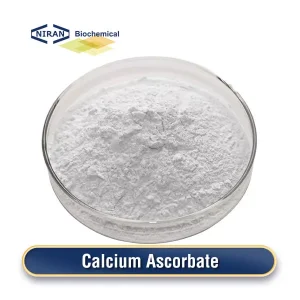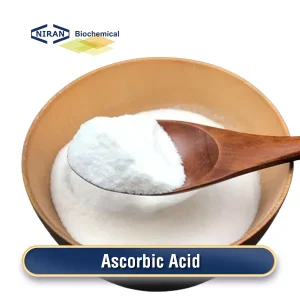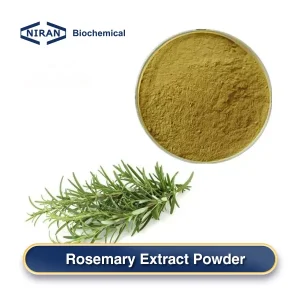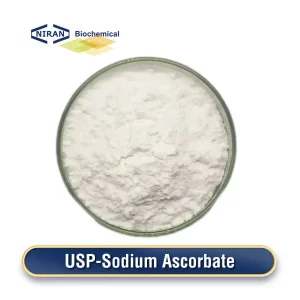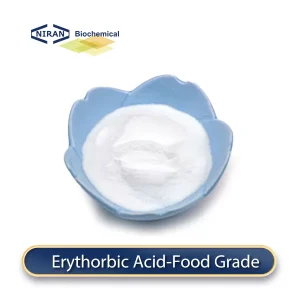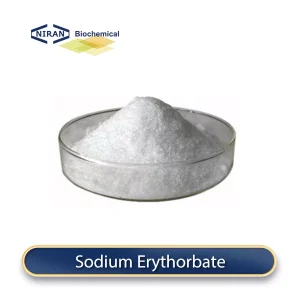FOOD ANTIOXIDANTS Supplier
As a leading supplier of food antioxidants, we specialize in producing high-quality additives that preserve the freshness and extend the shelf life of food products.
You can get from us:
- High Efficacy: Effective in preventing oxidation.
- Stability: Maintains freshness over time.
- Sources: Natural and synthetic
- Solubility: Easily integrates into various formulations.
- Safety: Non-toxic and safe for consumption.
- Odorless and Tasteless: Does not alter the product's flavor or scent.
- Regulatory Compliance: Meets industry standards and regulations.
ANTIOXIDANTS
Food additives with antioxidant properties, like ascorbic acid (vitamin C), halt the aforementioned chain reactions. To counteract oxidative stress, both plants and animals utilize intricate antioxidant systems that include internally produced substances such as glutathione and enzymes (for example, catalase and superoxide dismutase), alongside dietary antioxidants like vitamins C and E.
In conclusion, antioxidants play a vital role in the food industry, not only in preserving food quality and extending shelf life but also in contributing to the nutritional and health aspects of food products. The choice between natural and synthetic antioxidants often depends on the specific application, effectiveness, cost, and consumer preferences.
FEATURED PRODUCTS
TYPES OF ANTIOXIDANTS
Herbal extracts, such as rosemary and green tea, are popular for their potent antioxidant properties and are often added to natural and organic foods. Additionally, synthetic antioxidants like butylated hydroxytoluene (BHT) and butylated hydroxyanisole (BHA) are commonly used in the food industry to extend the durability of processed foods.
Each of these food antioxidants plays a crucial role in maintaining the sensory and nutritional quality of food by delaying oxidative damage.
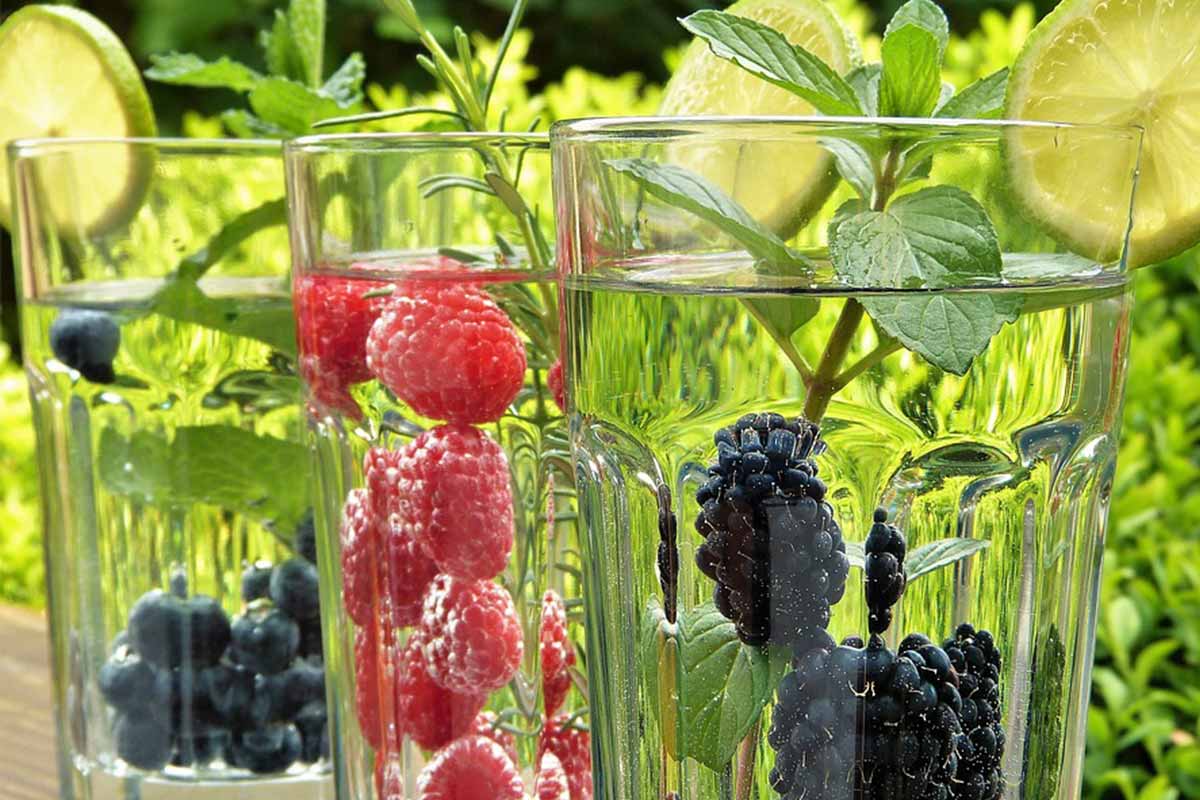
Natural Antioxidants
- Vitamin C (Ascorbic Acid, E300): A water-soluble vitamin that acts as a powerful antioxidant, preventing the oxidation of food by neutralizing free radicals. Commonly used in fruits, juices, and canned goods.
- Vitamin E (Tocopherols, E306-E309): A fat-soluble vitamin that protects cell membranes from oxidation. It's used in oils, nuts, and seeds to prevent rancidity.
- Carotenoids (Beta-carotene, Lycopene): Pigments found in plants that provide antioxidant benefits, are used in products like beverages and confectionery for color and nutritional value.
- Polyphenols: Plant-based compounds found in fruits, vegetables, tea, and wine. They have antioxidant properties and are used for both preservation and health benefits.

Synthetic Antioxidants
- Butylated Hydroxyanisole (BHA, E320): A synthetic antioxidant used to prevent fat oxidation in foods like baked goods, snack foods, and oils.
- Butylated Hydroxytoluene (BHT, E321): Similar to BHA, BHT is used to protect fats and oils in foods from oxidative damage.
- Propyl Gallate (E310): Used in conjunction with BHA and BHT to prevent oxidation in products containing oils and fats.
- Tertiary Butylhydroquinone (TBHQ, E319): A highly effective synthetic antioxidant used in fats and oils, including those used in fried and baked foods.
APPLICATIONS OF ANTIOXIDANTS
Antioxidants fulfill multiple functions in preserving the quality, safety, and longevity of food products. The use of antioxidants in the food industry is a testament to their versatility and essential role in food preservation, safety, and enhancement of nutritional and sensory attributes, catering to the demands for high-quality and long-lasting food products.
Preserving Freshness and Appearance
Food antioxidants block the oxidation of fats and oils, stopping them from turning rancid and acquiring unwanted tastes.
Extending Shelf Life
By inhibiting oxidative reactions, antioxidants extend the shelf life of perishable items, including dairy products, meat, and ready-to-eat meals.
Enhancing Nutritional Value
Certain antioxidants, like Vitamin C, not only prevent oxidative damage but also contribute to the nutritional profile of food products by adding essential nutrients.
Protecting Color and Flavor
Antioxidants preserve the natural colors and flavors of food, maintaining the appeal and taste of fruits, vegetables, and other products during processing and storage.
Health-Promoting Properties
There is a growing use of naturally sourced antioxidants, such as polyphenols found in fruits, vegetables, and teas, due to their potential health advantages.
Packaging
Antioxidants are also incorporated into food packaging materials to protect sensitive products from oxidation.
FAQ
What are antioxidants?
Antioxidants are compounds capable of inhibiting or delaying cellular damage induced by free radicals, which are unstable molecules generated by the body in response to environmental stressors and other factors.
Why are antioxidants important for food?
Antioxidants are crucial in food because they help prevent oxidative damage, which can lead to spoilage, loss of nutritional value, and undesirable changes in color, flavor, and texture.
What are some common antioxidants used in food?
Common food antioxidants include Vitamin C (ascorbic acid), Vitamin E (tocopherols), and various plant extracts like rosemary and green tea extracts, as well as synthetic antioxidants like butylated hydroxyanisole (BHA) and butylated hydroxytoluene (BHT).
How do antioxidants work in food?
Antioxidants work by neutralizing free radicals, which are compounds that can cause oxidation in food. By preventing oxidation, antioxidants are key to enhancing the shelf life and maintaining the overall quality of food items.
Can antioxidants enhance the safety of food?
Yes, by preventing the oxidation of fats and oils, antioxidants can reduce the formation of potentially harmful oxidation products, thereby improving food safety.
Are there natural sources of antioxidants for food?
Indeed, a significant number of antioxidants come from natural origins. Vitamins C and E, carotenoids, flavonoids, and polyphenols are examples of natural antioxidants found in fruits, vegetables, nuts, seeds, and spices.
How are antioxidants added to food?
Antioxidants can be added directly to food products during processing, infused into packaging materials, or applied as coatings on the surface of food items to protect against oxidation.
Are synthetic antioxidants safe?
Synthetic antioxidants like BHA and BHT are approved for use in many countries and are considered safe within regulatory limits. However, consumer preference for natural ingredients has led to increased use of natural antioxidants.
Do antioxidants affect the taste of food?
Generally, antioxidants are used in small amounts that do not significantly alter the taste of food. Their primary function is to preserve the existing flavors and quality of the food rather than to add flavor.
How can consumers benefit from antioxidants in food?
Consumers benefit from antioxidants in food through extended shelf life, reduced food waste, and the preservation of nutritional value, taste, and appearance of food products.

